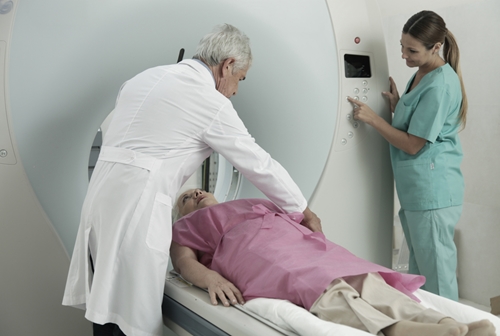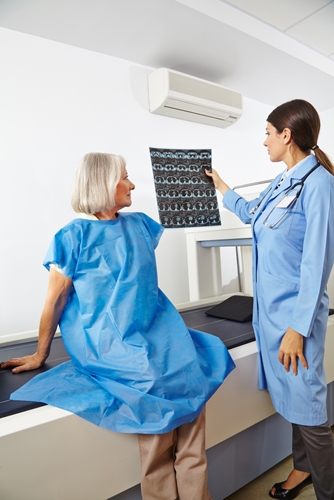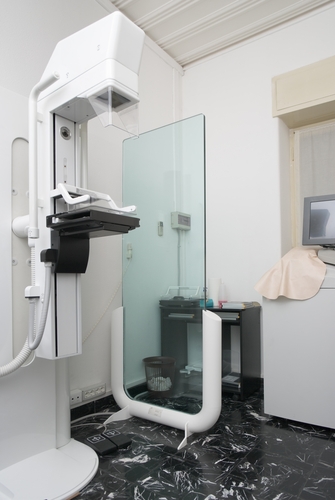There are many reasons that physicians recommend digital imaging exams for people. Regardless of what they are for, these tests can go a long way in helping doctors diagnose patients' conditions. However, a recent study showed that many people having these exams do not have the facts they need to make informed decisions about them.
Patients unaware of risks, details of tests
Andrew Rosenkrantz, M.D., MPA, and Eric Flagg, M.D., both of the Department of Radiology at the New York University Langone Medical Center, found that many patients do not know the risks, or even the reasons, of medical imaging tests, as reported in the Journal of the American College of Radiology. Of the 176 patients surveyed, all of whom were waiting for scans, only 46 percent knew that their exams exposed them to radiation while a little more than 50 percent knew the contrast agent they drank had the same risk. Approximately 70 percent said they were aware their injections put them in contact with radiation.
The researchers also looked into how many people knew any information about their tests. Approximately 78 percent of participants reported that their physicians explained the imaging scans to them, but one in five still had unanswered questions going into the exam. Another 20 percent utilized the Internet and friends and family members to gain further insight. While knowing whether diagnostic imaging tests exposed them to radiation is important, patients should also know what their exams entail.
"Patients should also feel comfortable asking about logistics of the exam, ranging from what exam is being performed, which body part is being evaluated, [and] the reason for the exam," Rosenkrantz said in a press release.
Benefits outweigh the risks
In a report published in JAMA Internal Medicine in 2013, researchers from the University of Washington, Seattle, discovered similar results. The study focused solely on CT and cardiac single photon emission CT as opposed to the wide range of exams the previous survey had. The number of people who were aware of the radiation exposure ranked higher at 66 percent. However, only 45 percent of patients reported knowing details of the exam from their physicians. Regardless of the risks, 95 percent said it was more important to figure out what was wrong by having the tests than worrying about radiation.
Only a portion of medical imaging tests expose patients to any hazards and even then they are in too small of doses to cause much harm, Radiology Info explained. A larger amount could increase people's chances of cancer, but there is no conclusive evidence of how big that risk is. The benefits override the worry of any radiation exposure. Digital imaging give doctors non-invasive methods of diagnosing their patients.
When undergoing any kind of medical procedure, people should know what to expect, including the risks and benefits. Health care providers should make every effort to keep their patients informed.
Contact Viztek for more information.
Ronny Bachrach
Latest posts by Ronny Bachrach (see all)
- Konica Minolta Debuts First-of-Its-Kind Digital U-Arm System at AHRA - July 27, 2016
- Researchers Detect Signs Of Stroke Risk Using MRI - June 27, 2016
- Imaging Biz: Q&A with David S. Channin MD: How to Make PACS Patient Centered - June 22, 2016










